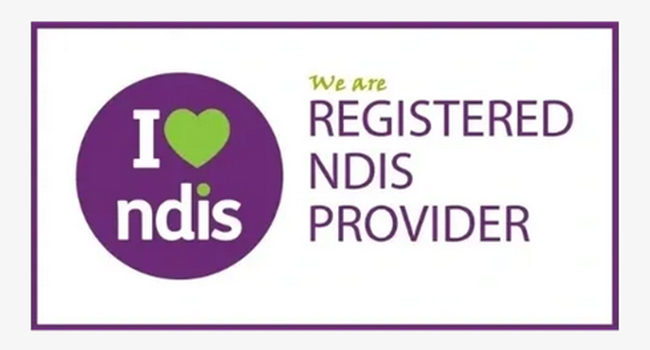Community Nursing Care !
Our Services
NDIS Community Nursing Care :

Community nursing care refers to healthcare services provided by registered nurses and other healthcare professionals within the community setting, rather than in a hospital or clinic. This type of care is designed to meet the health needs of individuals, families, and communities in their own homes or within community-based facilities. Community nursing aims to promote health, prevent illness, and provide ongoing support for individuals with chronic conditions or disabilities. Here are key aspects of community nursing care:
1. Holistic Health Assessment:
Community nursing care involves a holistic assessment of an individual’s health needs within the context of their community. This includes physical, mental, and social aspects.
NDIS support providers can facilitate access to qualified community nurses who conduct thorough assessments. This ensures that the client’s NDIS plan accurately reflects their healthcare requirements.
2. Care Coordination and Planning:
Community nursing care often requires coordinated planning to address various health concerns. This may involve collaboration with other healthcare professionals and services.
NDIS providers play a crucial role in coordinating community nursing services as part of a client’s overall support plan. This includes liaising with healthcare providers, organizing appointments, and ensuring seamless communication.
3. Medication Management:
Community nursing care frequently involves the administration and management of medications. This is especially important for individuals with disabilities who may require specialized assistance.
NDIS providers can assist clients by connecting them with qualified nursing professionals who are well-versed in medication management. This ensures that the client’s medication needs are met consistently and safely.
4. Wound Care and Treatment:
Individuals with disabilities may have specific healthcare needs, such as wound care and ongoing treatments. Community nursing plays a vital role in managing these aspects.
NDIS support providers can ensure that clients have access to skilled community nurses who specialize in wound care and specific treatments. This facilitates a seamless integration of healthcare services within the client’s NDIS plan.
5. Health Education and Support:
Community nursing care involves educating individuals and their support networks on managing health conditions and promoting overall well-being.
NDIS providers can facilitate workshops or sessions with community nurses to educate clients and their support networks. This empowers individuals to actively participate in their healthcare and enhances their overall quality of life.
6. Palliative Care Services:
Some individuals with disabilities may require palliative care services. Community nursing plays a vital role in providing comfort and support during these challenging times.
NDIS support providers can ensure that clients have access to compassionate and specialized palliative care services. This support is integrated into the client’s NDIS plan to address both physical and emotional needs.
In summary, community nursing care is a crucial component of holistic healthcare for individuals with disabilities. NDIS support providers can assist clients by connecting them with qualified community nursing professionals, coordinating care, and ensuring that healthcare services align with the individual’s unique needs and goals outlined in their NDIS plan. This collaborative approach enhances the overall well-being and independence of NDIS participants.
